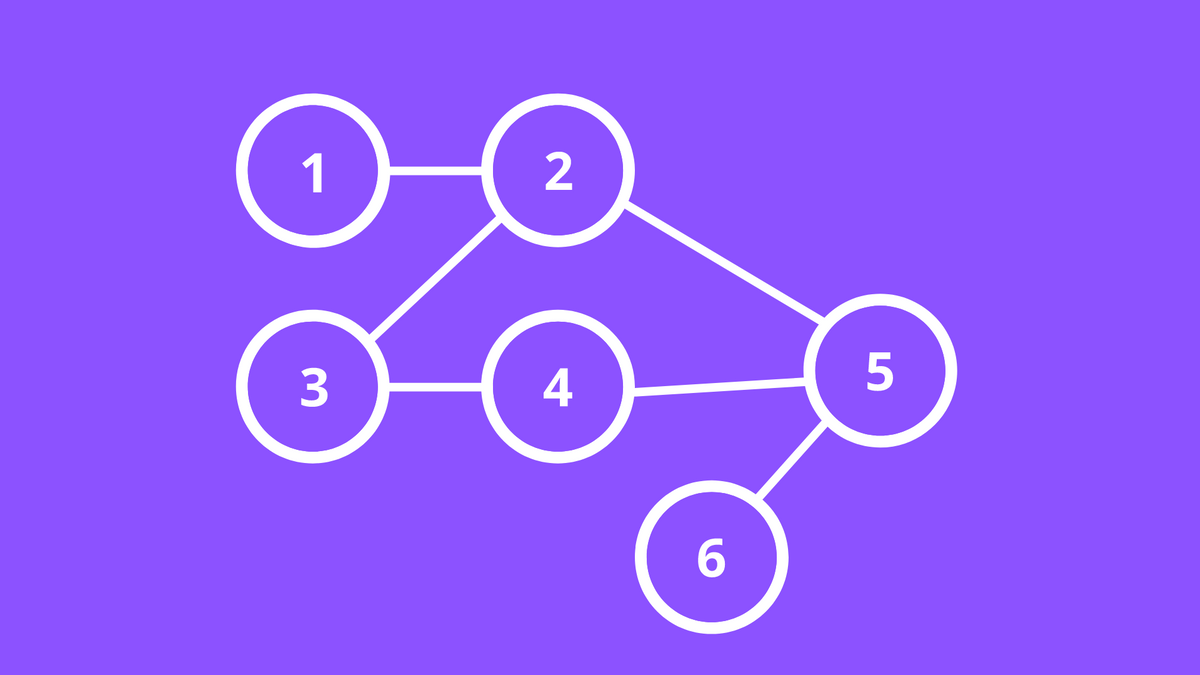
Logic in Discrete Math - Intro
Propositional Logic
What is Propositional Logic ?
Propositional logic, also known as sentential logic and statement logic, is the branch of logic that studies ways of joining and/or modifying entire propositions, statements or sentences to form more complicated propositions, statements or sentences, as well as the logical relationships and properties that are derived from these methods of combining or altering statements.
In propositional logic a statement is declarative sentence that can either be True or False. In this series of lessons we mostly use 1 for True and 0 for False, the reason for this we explain in further lessons.
For example: Milk is white
This☝ sentence is declarative and it is 1 (True), because milk is white from the nature.
❗❕ Note that for other types of sentences, such as questions and imperatives, we don't give Truth-value(true/false).
For example: Do you mind if I close the door ?
(It would be strange , if we answered "true" 😊.)
or
Joe: Go to the door! (imperative sentence)
Anna: True. ❌
This was just a brief introduction to Propositional Logic, which is essential to understand for Discrete mathematics. I hope it was helpful.
Written by Asadulloh Rakhimov